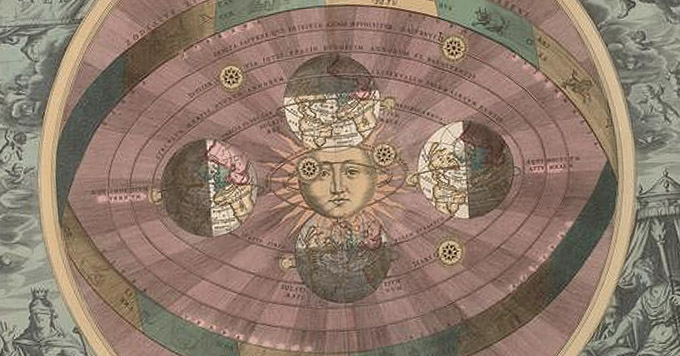
The marvel of Infinitesimal is that it demonstrates how these mathematical debates paralleled - and were actually a part of - the turbulent religious and political conflicts that characterized the 16 th and 17 th centuries of Early Modern Europe. He knows that the history of science and mathematics does not occur in vacuum but instead takes place within a context of political, religious, and philosophical history. Infinitesimal: How a Dangerous Mathematical Theory Shaped the Modern World (Scientific America / Farrar, Straus and Giroux, 2014).Īmir Alexander is in the History Department at UCLA. This is the prehistory of calculus that is the focus of Amir Alexander’s fascinating book This was radically different and unusual math, and there were consequently debates about its legitimacy. These include the integral and differential calculus, which have proved themselves to be enormously valuable tools for analyzing real-world processes.īefore Newton and Leibniz invented the calculus, earlier mathematicians developed techniques that treated the continuum as an infinite collection of infinitesimals or indivisibles. It is a construct of the imagination.īut the continuum is also a convenient approximation to the real world, and hence, an essential tool for doing some forms of math. It is not the analog of anything in the real world of discrete particles and quantum energy levels. We can’t even devise a system to list all the real numbers that exist between 0 and 1.īefore we get too worried, however, it helps to remember that the continuum is a purely human invention. What’s worse, Georg Cantor demonstrated that the infinity of the continuum is qualitatively different from the enumerable infinity of the counting numbers. This is the infinite range of real numbers between any two numbers, and it seems to inherently exist any time we conceive of a number line. It is not ‘that which has nothing beyond itself’ that is infinite, but ‘that which always has something beyond itself.’” (Robin Waterfield translation)Ī much thornier problem is the continuum. As Aristotle said in Book III of the Physics (which remains one of the most clearheaded discussions of the subject) “Infinity turns out to be the opposite of what people say it is. For every number you can conceive, just add 1 to get another, even if you exceed the number of particles in the universe.īecause we count on and on without reaching an end, the infinity of the counting numbers is always a potential rather than an actual quantity. Just start counting 1 2 3, and the concept of infinity raises its ugly head. So where did the notion of “infinity” even come from? From mathematics, I think. If each universe splits into two every time a wave function collapses, that’s definitely a whole lot of universes, but it’s still not infinite. But I’m not sure it’s justified in this context either. In recent years, the word “infinity” has been often used in connection with the theory of the multiverse.

There is a limit to the subdividing of space. The properties of elementary particles are not continuous but discrete.

Quantum theory seems to deny the existence of the infinitely small. Since space is defined by these particles, there is no infinite space either. The number of atoms in the universe is about 10 80, and while that’s certainly quite a lot, it’s still short of infinite. The Big Bang caused only a finite amount of matter and energy to come into being, and the amount can actually be estimated. I just don’t see any evidence of infinity in the real world. For as long as I can remember, I have been skeptical about the existence of infinity.


 0 kommentar(er)
0 kommentar(er)
